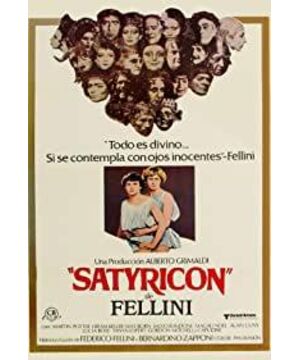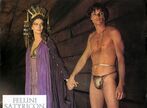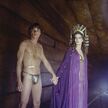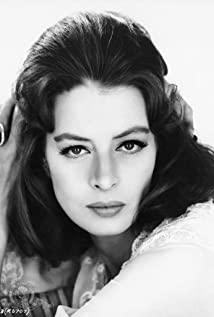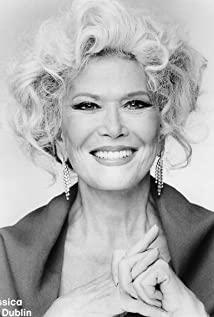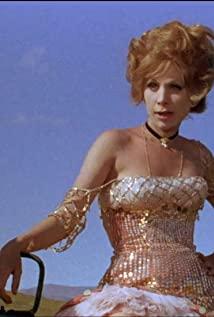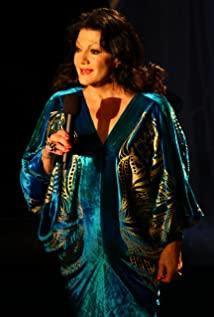Stage play style, or full of dramatic colors, exaggerated shapes, prominent tones, both rich and abstract paintings, and even a little flat Ukiyo-e and oriental eaves...Romantic and cruel, naked but without desire . It can be said that the language of the camera clearly shows the director's attitude.
Love myth, or is the film about love?
Chapter 1: Youthful and bitter love without fruit - the confusion of the flowery world
Chapter Two: Money and Power - Poetic Death, Commitment to Slavery
Chapter 3: Blasphemy, Collapse of Faith - Loss of Phallic Power
Ending: regain strength, lose friends, refuse cannibalism, and start wandering. (For this ending, it is really like the way of the bones of Buddhism, the color decline and love, the protagonist overcomes it, but loses its meaning-no doubt he is jealous of the male charm of his friend)
This is the growth of a teenager, and it is irreversible and full of philosophical thinking. Don't praise it, it is indeed out of the Roman background, the Western cultural context, it is even more obscure. After watching: I can't laugh, choked and uncomfortable.
View more about Fellini Satyricon reviews


